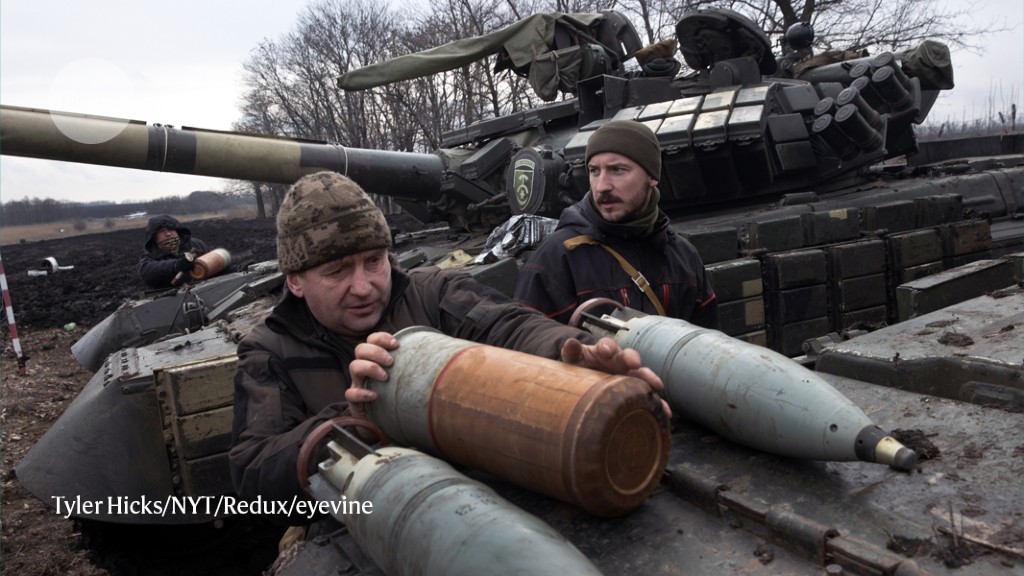Global Vaccination Must Be Swifter
Speeding up development of new vaccines won't help much in the next pandemic, unless world leaders work faster to roll out vaccination globally.
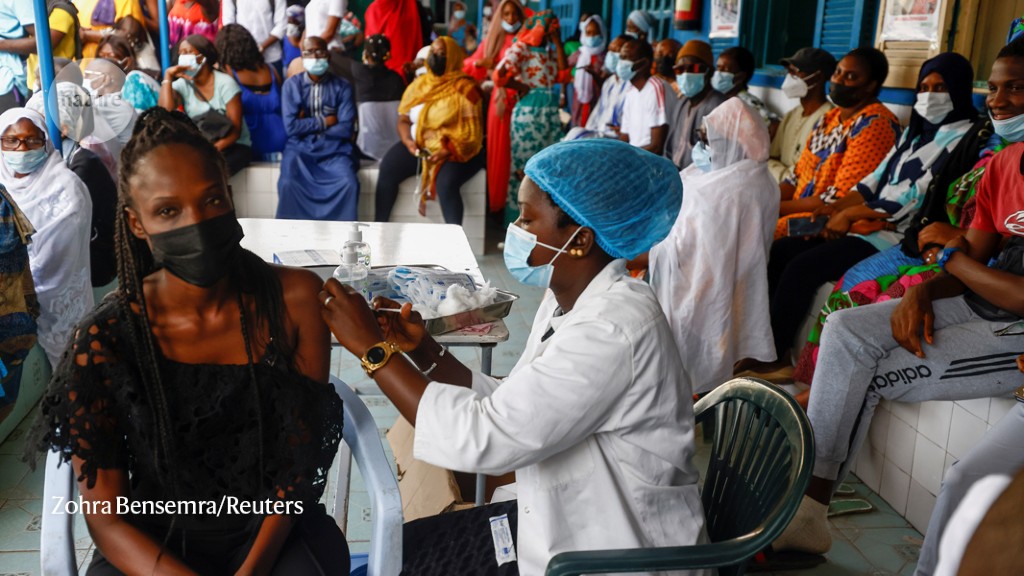
Send us a link
Speeding up development of new vaccines won't help much in the next pandemic, unless world leaders work faster to roll out vaccination globally.

Alexander Semenov is a marine biologist and head of the scientific diving team at the White Sea Biological Station of Moscow State University.
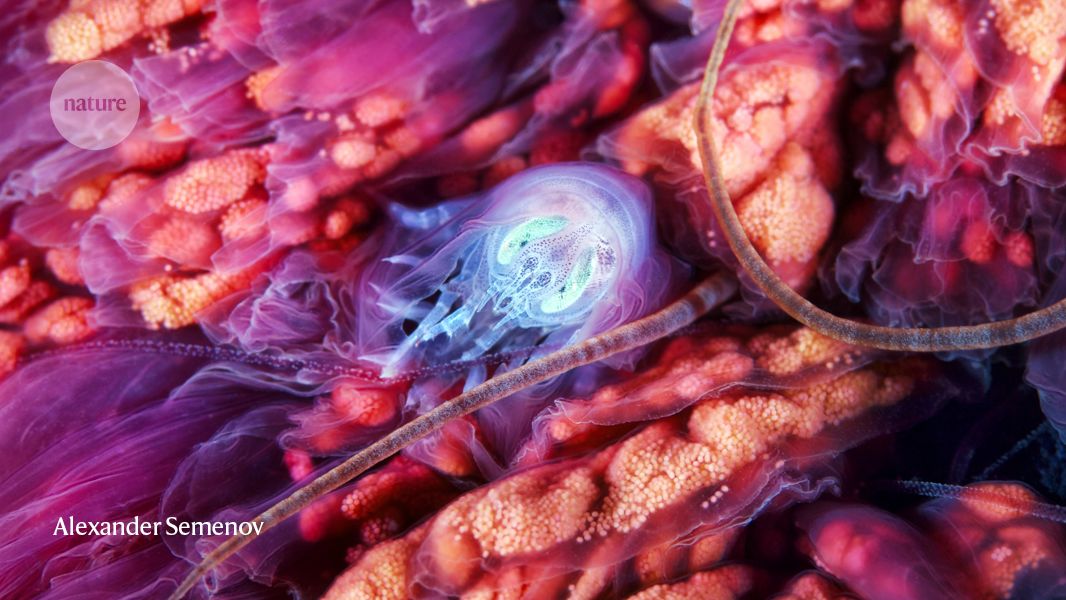
To live with the coronavirus, we cannot be blind to its movements.
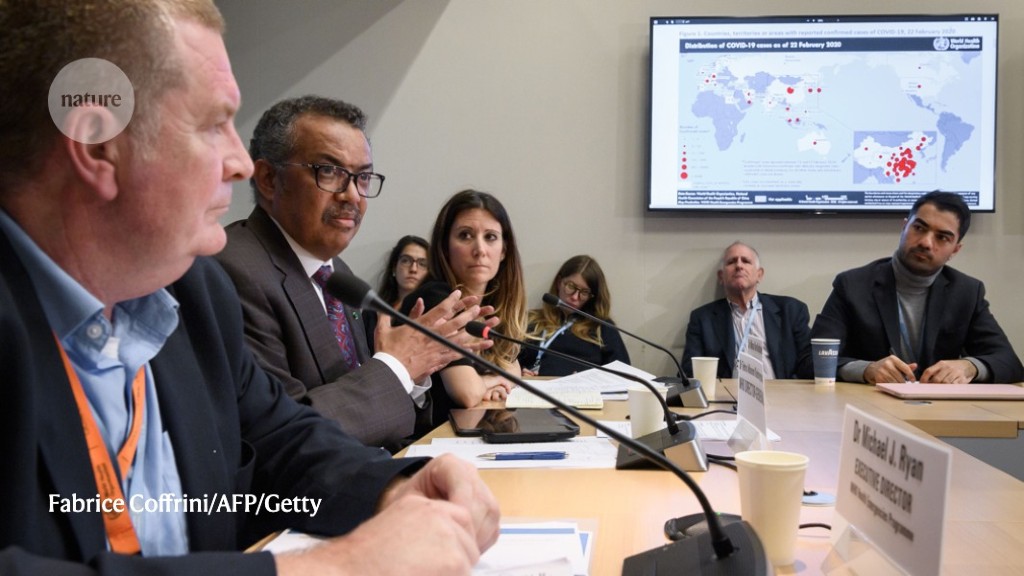
As sanctions take effect following its invasion of Ukraine, Russia risks its standing in the research world.

Effective interfaces of knowledge and policy are critical for food system transformation.
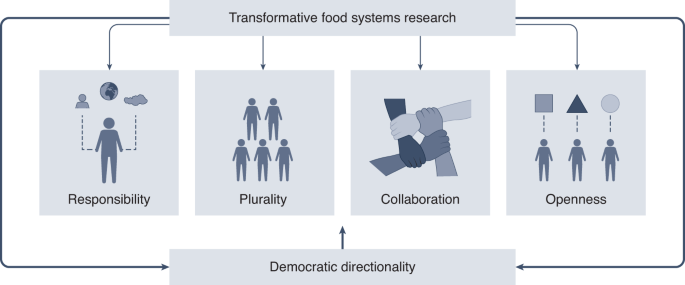
Researchers must try to resolve a dispute on the best way to use and care for Earth's resources.
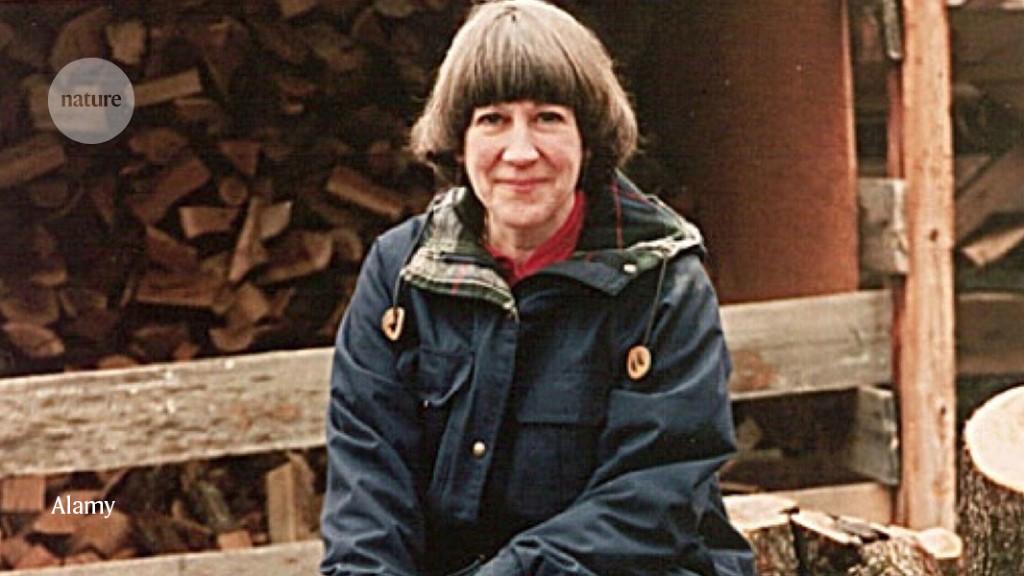
Build a major genomics resource on the continent to help breeders and conservationists.
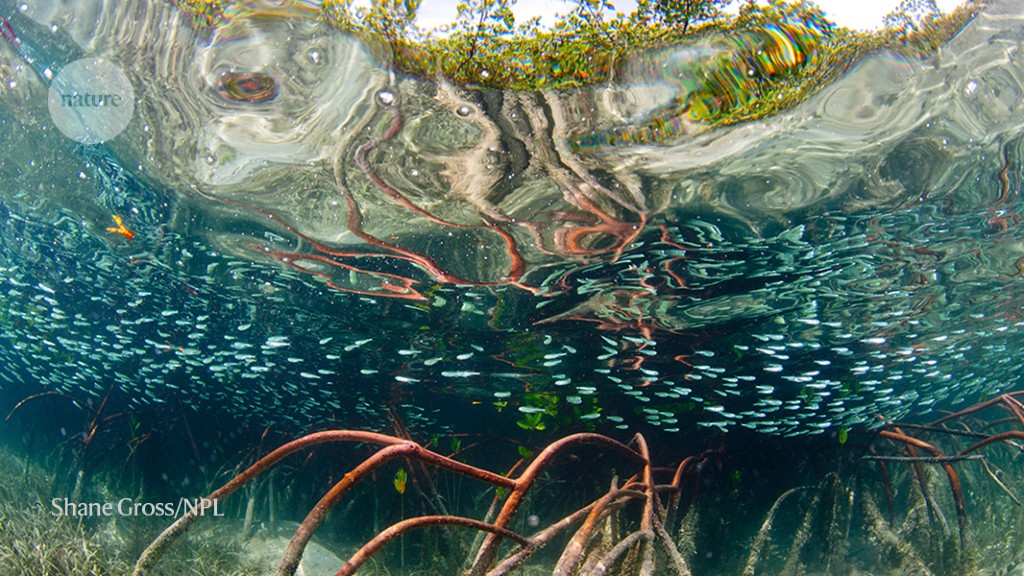
If researchers want to have maximum impact, women must be at the table.
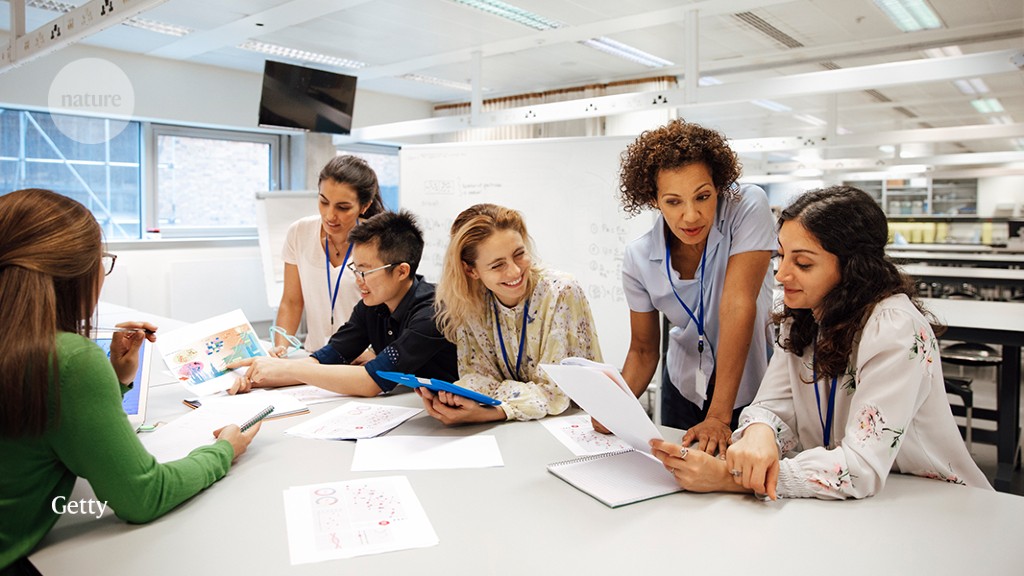
Two years since COVID-19 forced labs to shut down, group leaders describe how academic research has changed, perhaps forever.
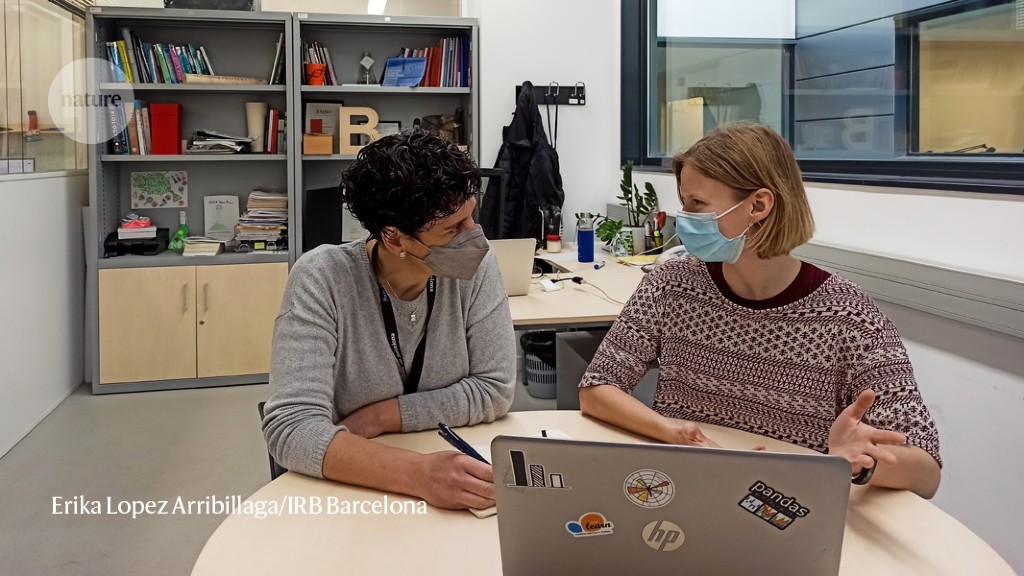
Research-reform advocates must beware unintended consequences.
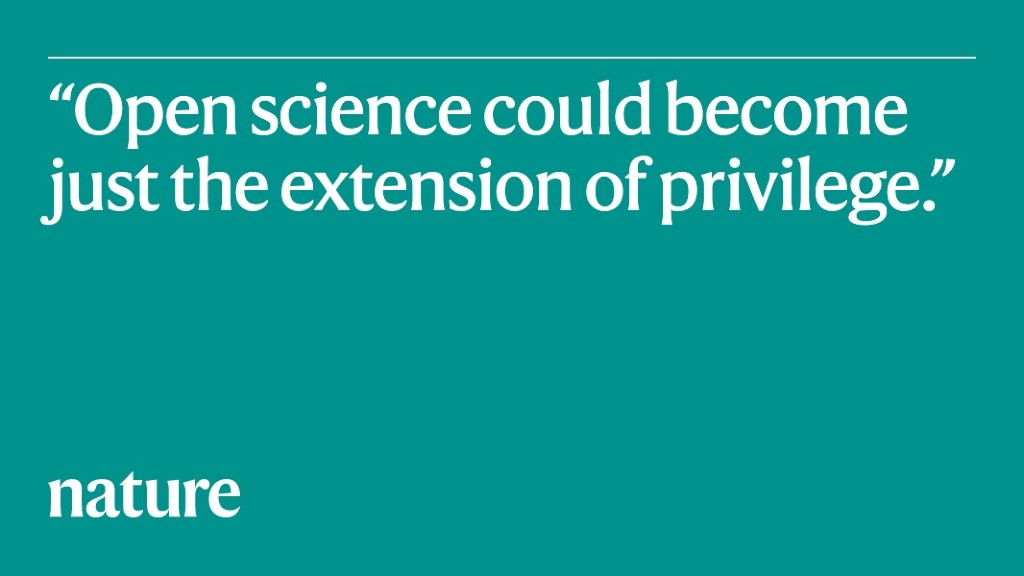
The Plan S architect, scourge of paywalls, reveals how the policy sausage got made.
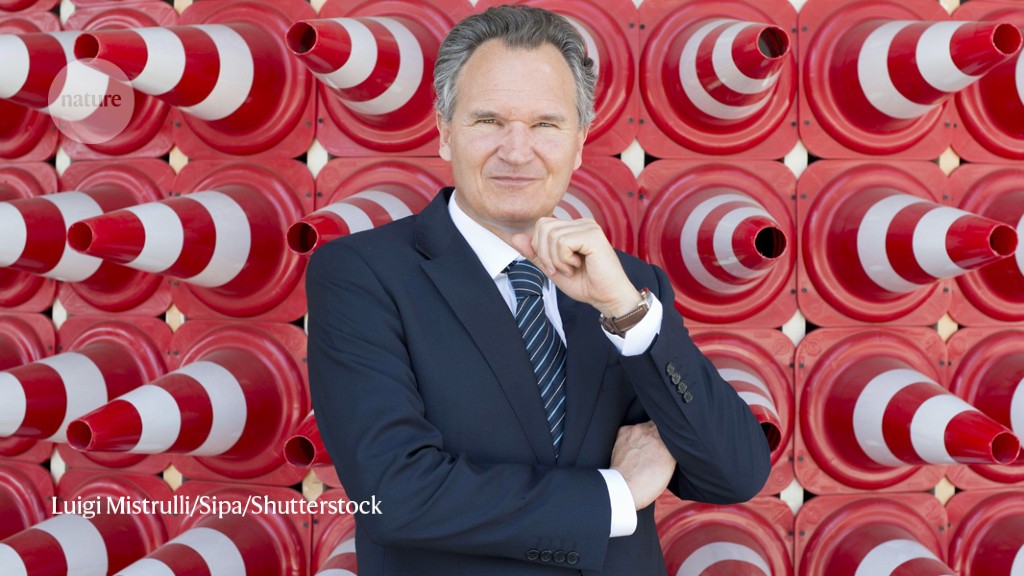
Most titles are still considering manuscripts irrespective of nationality - but Russia plans to remove a requirement for scientists to publish in foreign titles.
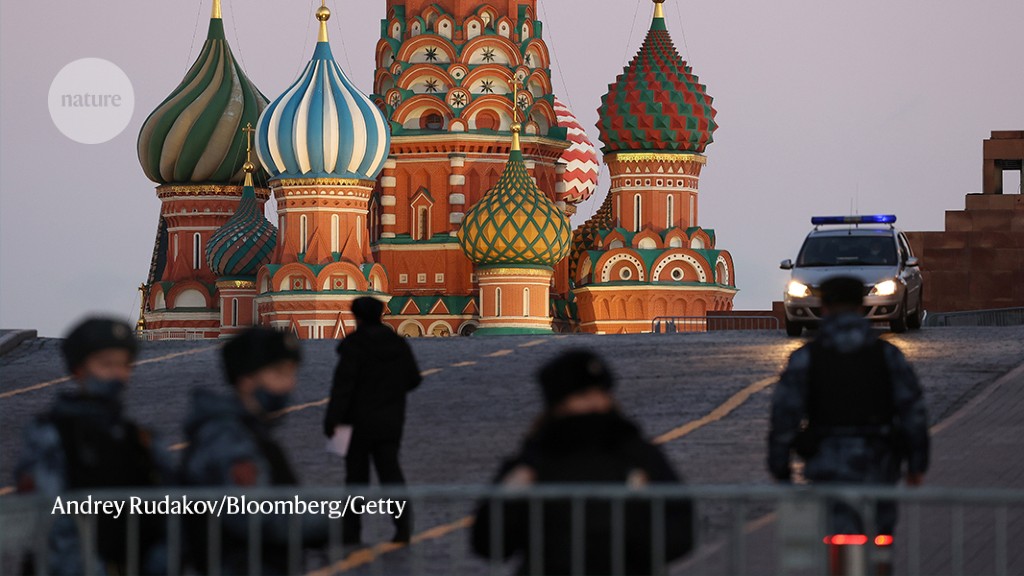
The liberal Gabriel Boric campaigned on a promise to invest in research and fight climate change, and has given scientists prominent positions in his administration.

Stereotypes, biases and lack of recognition by teachers and mentors are destroying the confidence of talented female students and driving them from physical sciences, says Chandralekha Singh.
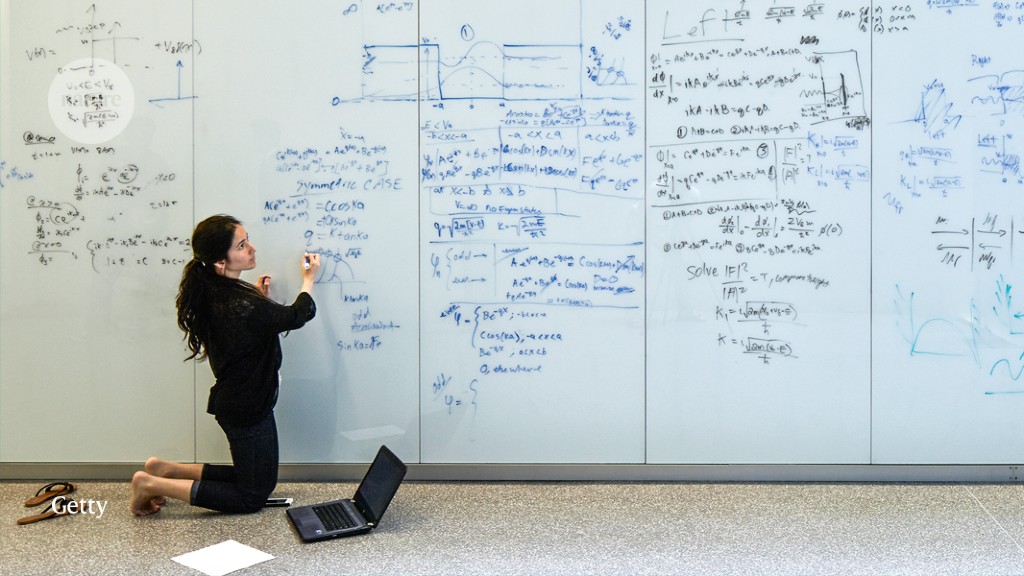
Fights over who invented the gene-editing technology are becoming more complex, and could carry on for years.
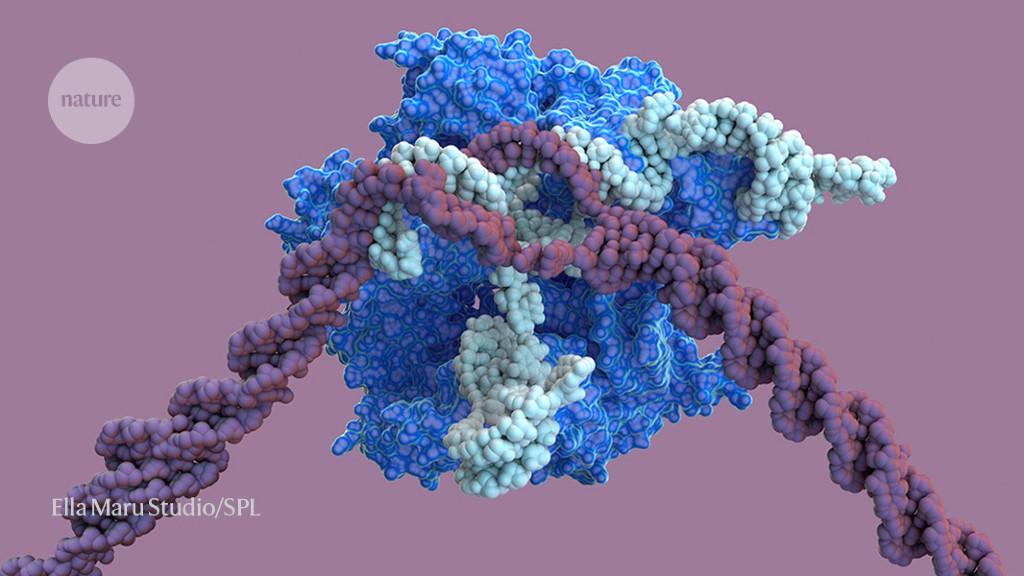
United Nations resolution on greening plastics is a positive step. As negotiations begin, they must be evidence-based.
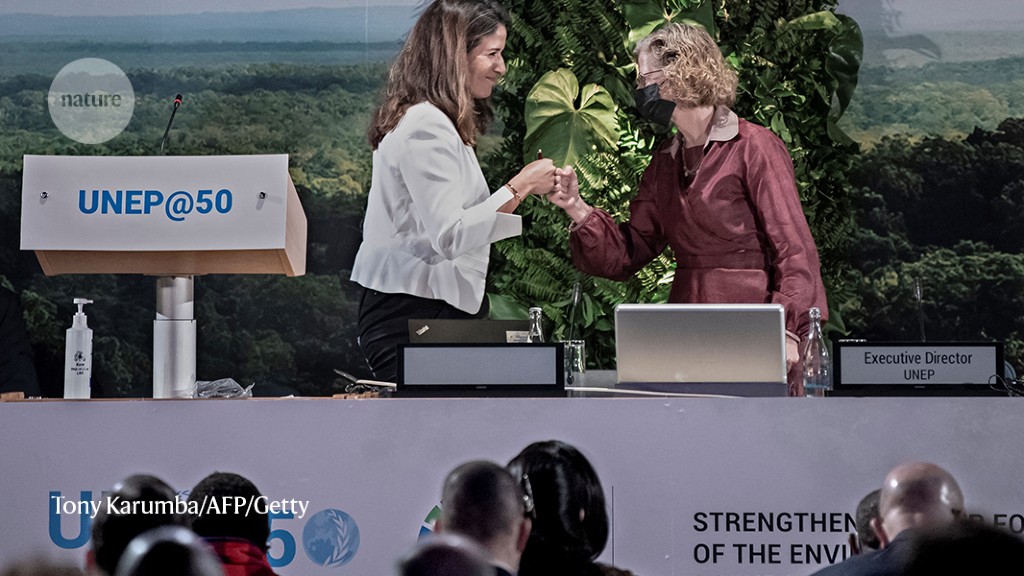
Innovation challenges offer valuable lessons and resources for researcher-entrepreneurs.
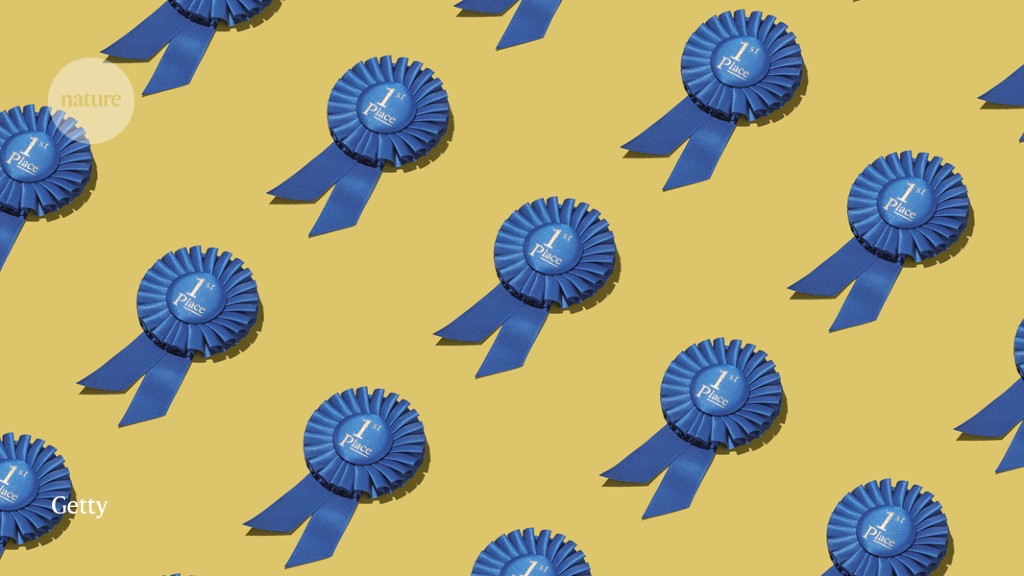
Last year, nearly half of Nature authors agreed to publish anonymous referee reports.
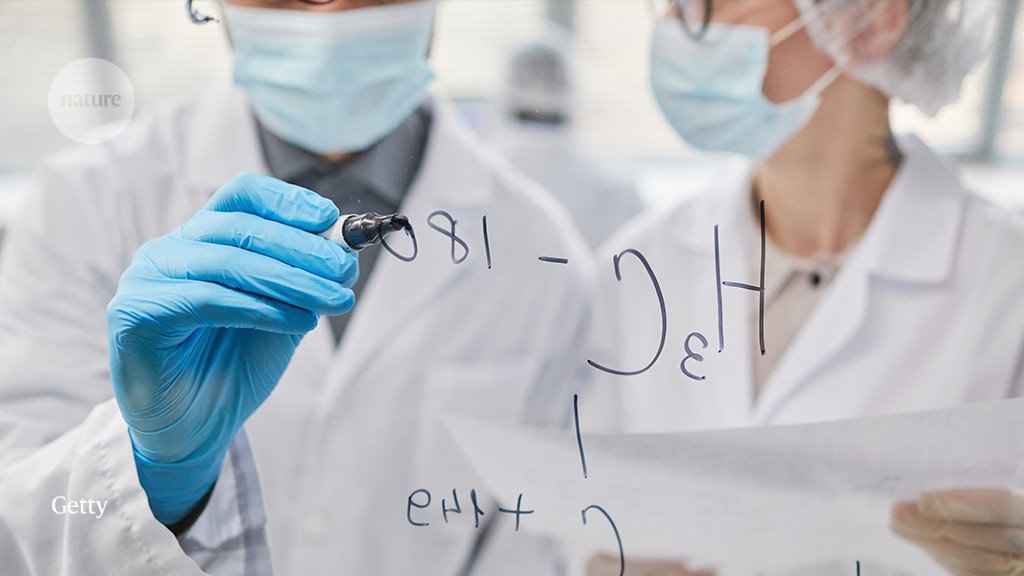
The pandemic created a colossal demand for scientific evidence to inform decision-making. Now researchers are mapping out what went wrong and what needs to change.
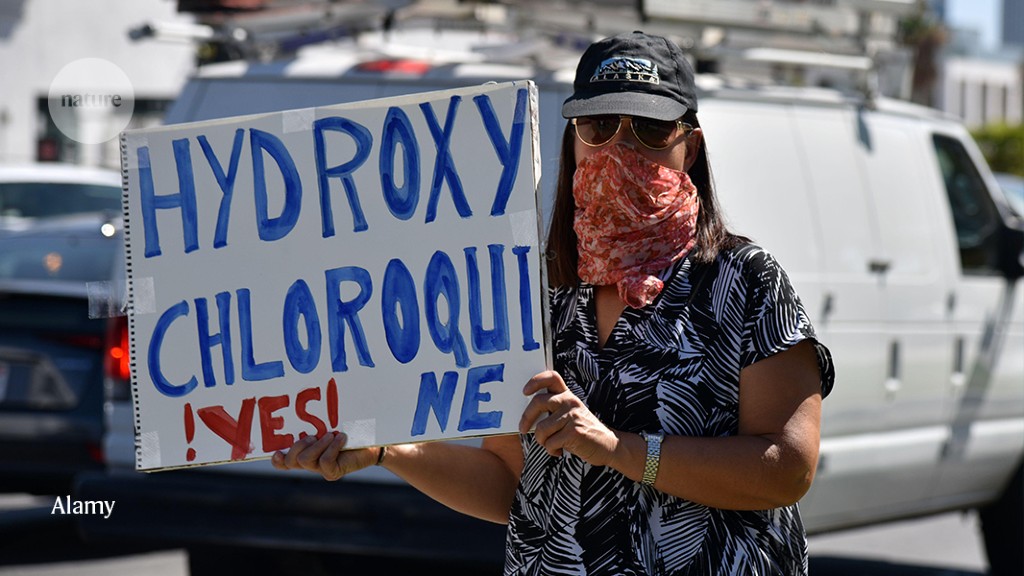
Climate and human management, such as hay harvest, shape grasslands. With both disturbances co-occurring, understanding how these ecosystems respond to these combined drivers may aid in projecting future changes in grasslands.
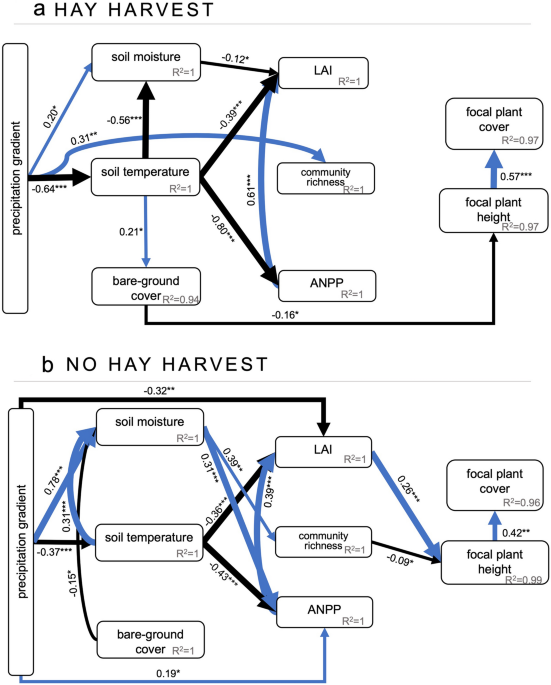
It remains unclear how tropical cyclones (TCs) decay from their ocean lifetime maximum intensity (LMI) to landfall intensity (LI), yet this stage is of fundamental importance governing the socio-economic impact of TCs.
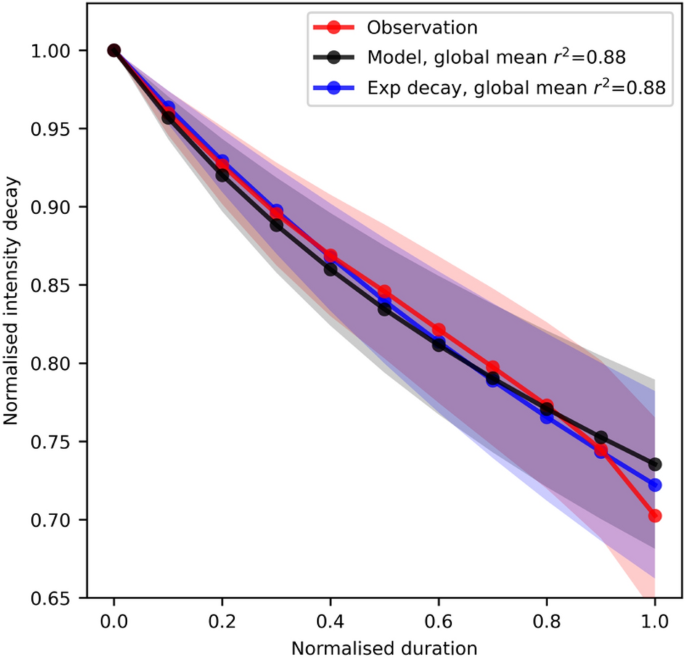
Why international researchers should be lining up to collaborate with women working in science across Africa.
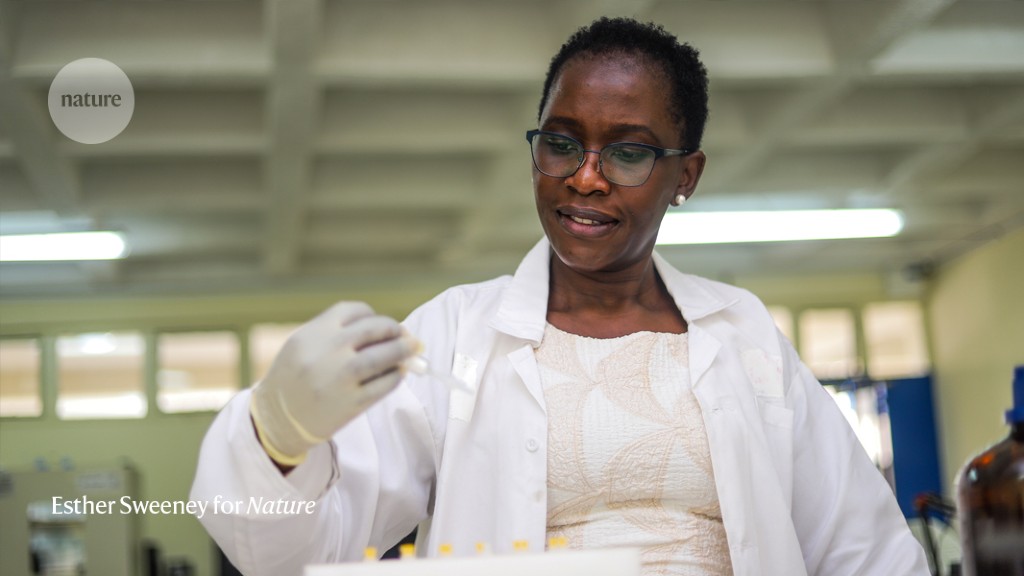
Scientific collaboration has become a casualty of Switzerland's and the United Kingdom's tussles with the European Union.
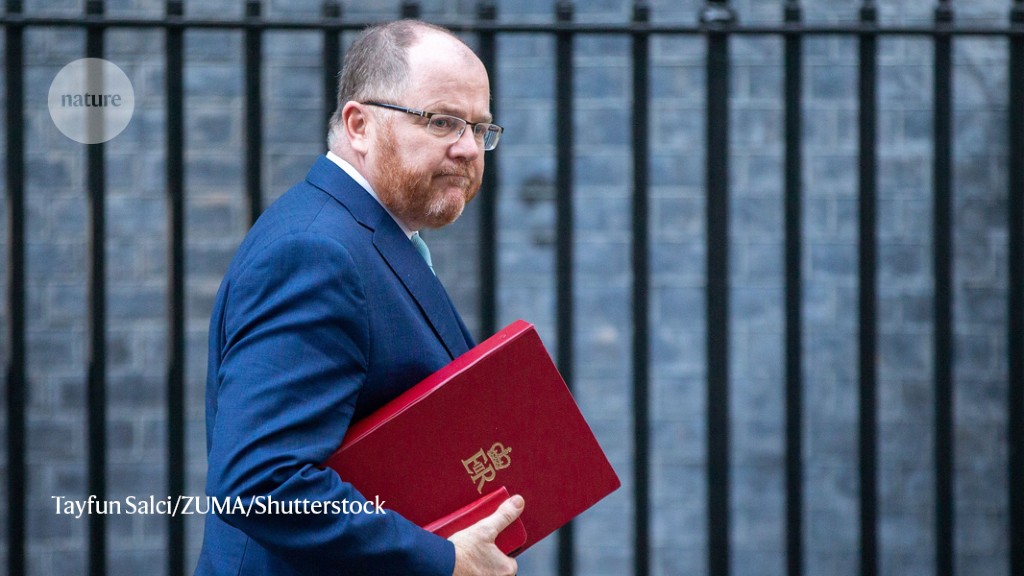
Efforts to chart and reduce bias in scholarly publishing will ask authors, reviewers and editors to disclose their race or ethnicity.
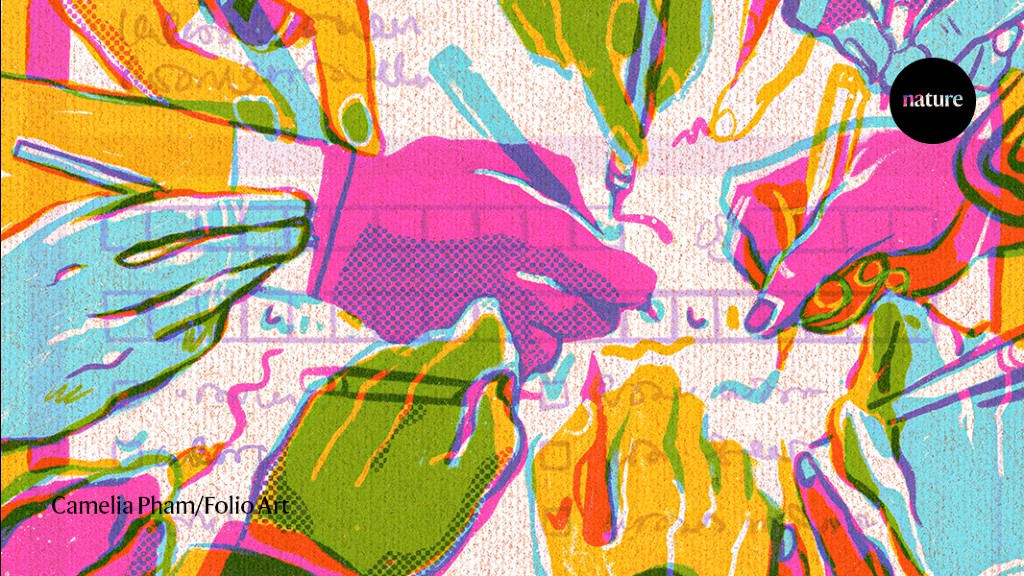
Researchers say that conflict will hinder progress made since Ukraine's revolution in 2014.
